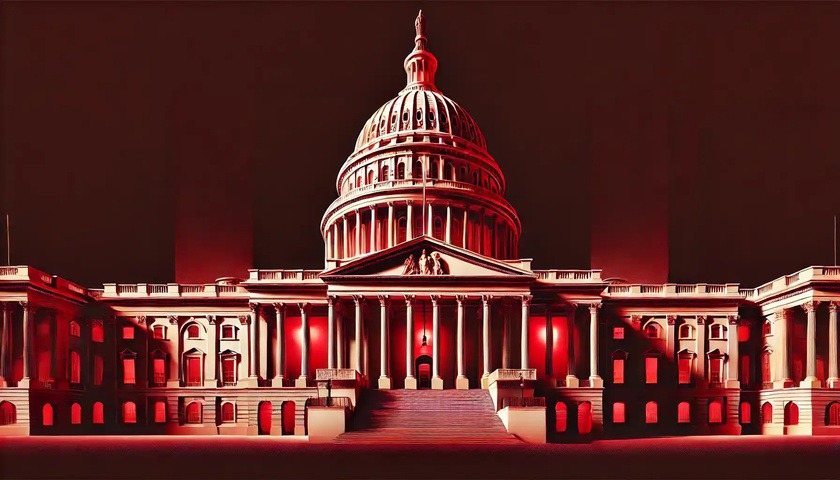Texas' Bitcoin Reserve bill passed the Business and Commerce Committee 9-0 and will now move to the Senate, though similar bills have struggled in other states.
Texas' Bitcoin Reserve bill has gained momentum after passing the Business and Commerce Committee with a unanimous 9-0 vote. This advancement means the bill will now move to the Senate for further debate and a final vote. While the bill's progress in Texas is seen as a positive step, it also highlights the growing divide within Republican-controlled states over Bitcoin Reserve legislation. Despite initial excitement within the crypto community, many similar bills in other states, such as Montana, have been rejected, causing fractures in crypto's political coalition.
The concept of a Bitcoin Reserve, which would make states major holders of Bitcoin, initially generated significant enthusiasm. Proponents argue that such reserves could result in the acquisition of billions in Bitcoin, potentially bolstering a state's economic position. Texas, with its strong political backing and a significant Bitcoin mining industry, has been seen as a key player in pushing the legislation forward. Brad Johnson, a local reporter, confirmed that the proposal had successfully passed the committee stage, marking an important victory for Bitcoin Reserve advocates.
However, the path to passing the bill is not without challenges. Once the proposal moves to the full Senate, all senators will debate and vote on the matter. If the majority supports it, the bill could continue toward becoming law. While Texas has made strides with this bill, several other states have not been as successful in pushing similar legislation. For example, Wyoming’s Bitcoin Reserve bill failed to make it past the committee stage, despite support from one of the state's senators. Meanwhile, Montana and other red states have rejected similar proposals, signaling that not all GOP-led states are in favor of Bitcoin Reserve initiatives. This division within the party has led to questions about whether the movement will gain broader political support
One of the key factors in Texas' push for the Bitcoin Reserve is its robust Bitcoin mining industry. The state is home to one of the largest Bitcoin mining hubs in the U.S., which gives it an edge in supporting such a proposal. While the current bill does not explicitly require Texas to purchase Bitcoin from local businesses, there is potential for the state to buy from these companies if the legislation progresses. Texas’ Lieutenant Governor, who strongly supports the Bitcoin Reserve bill, has also added weight to the bill’s chances of success, though it is still unclear whether it will pass through the Senate.
Despite the bill’s progress in Texas, the recent defeats in other states are significant. The failures in Montana and elsewhere have raised concerns about the future of Bitcoin Reserve legislation. These setbacks highlight that crypto’s political power is still evolving and that gaining widespread support for Bitcoin Reserve initiatives may be more challenging than initially anticipated. With growing political divisions over the issue, it remains uncertain how far the Texas bill will go and whether it will become a model for other states to follow.
While the Bitcoin Reserve bill in Texas is a step forward, the broader landscape for Bitcoin legislation remains complex and uncertain. As other states grapple with similar proposals, it is clear that crypto’s political future is not set in stone. The outcome of the Texas Senate vote will be closely watched, as it could set a precedent for future Bitcoin Reserve efforts or signal the need for more work to bridge the political divides within the Republican Party. For now, the future of the Bitcoin Reserve movement remains in flux, with success in Texas only a partial victory for the broader crypto agenda.












 All while Pfizer—a company with a $2.3 billion criminal fine for fraudulent marketing, bribery, and kickbacks—was given blanket immunity from liability and billions in taxpayer dollars to produce a vaccine in record time with no long-term safety data.
All while Pfizer—a company with a $2.3 billion criminal fine for fraudulent marketing, bribery, and kickbacks—was given blanket immunity from liability and billions in taxpayer dollars to produce a vaccine in record time with no long-term safety data.
























